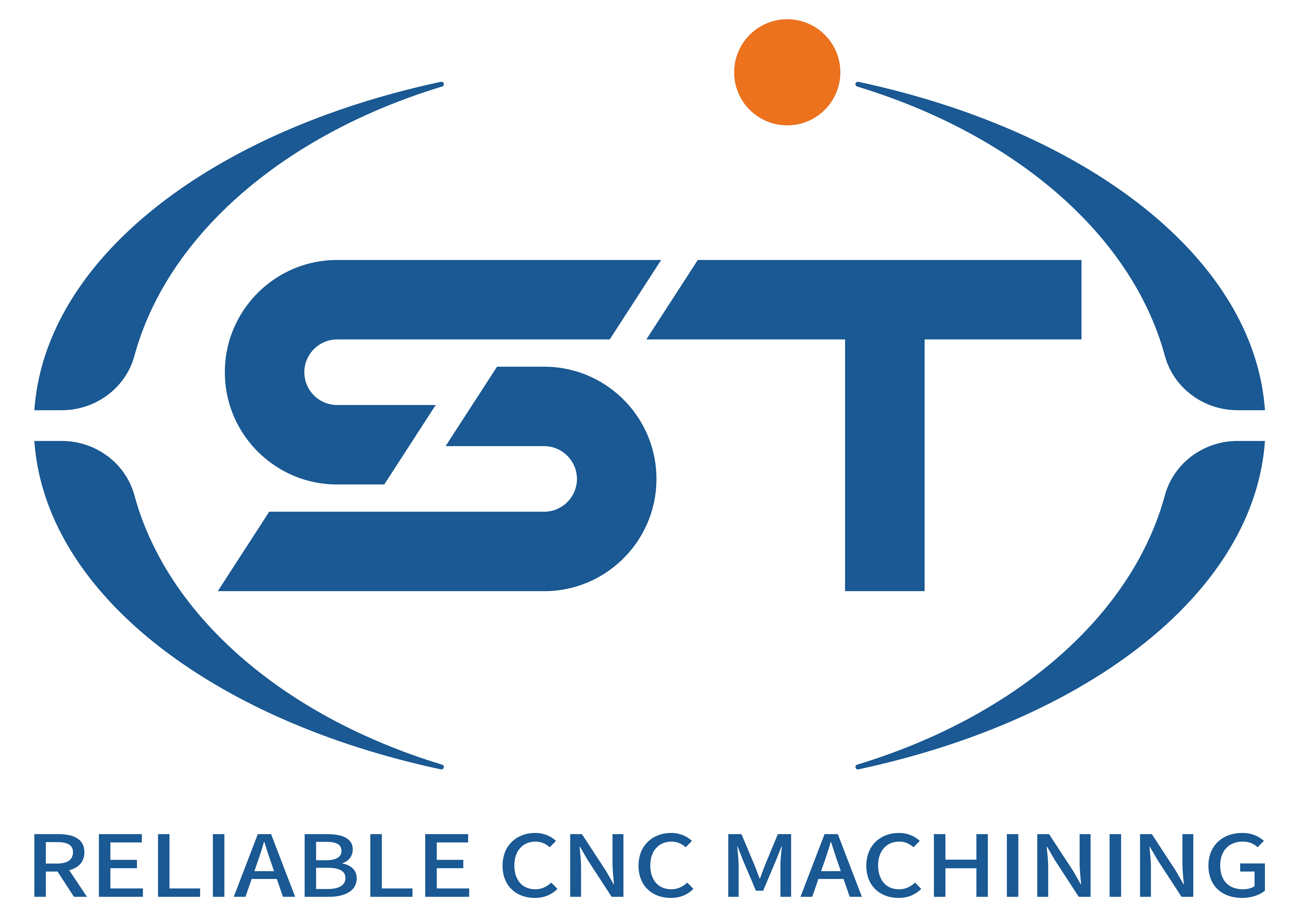Emerging Trends in Demand for CNC-Bearbeitung Services: A Global Perspective
The global market for CNC machining services is undergoing significant transformation, driven by technological advancements, shifting industry priorities, and evolving consumer expectations. As manufacturers seek to balance efficiency, sustainability, and innovation, demand for precision-engineered components is rising across sectors. This article explores key trends shaping the future of CNC machining services, highlighting how industries are adapting to meet modern challenges.
Table of Contents
ToggleIndustry-Specific Demand Surges: Aerospace, Automotive, and Medical Sectors Lead the Way
Certain industries are experiencing accelerated growth in CNC machining demand due to their unique requirements for precision, durability, and customization. These sectors are leveraging CNC technology to overcome traditional manufacturing limitations and achieve competitive advantages.
Aerospace: Lightweighting and Complex Geometries
The aerospace industry’s push for fuel efficiency and reduced emissions has led to a surge in demand for lightweight components. CNC machining enables the production of parts from advanced materials like titanium alloys and carbon fiber composites, which offer high strength-to-weight ratios. Additionally, the need for complex geometries—such as turbine blades with internal cooling channels or fuselage frames with integrated structural features—is driving adoption of multi-axis CNC systems capable of high-precision machining.
Automotive: Electric Vehicle (EV) Revolution
The shift toward electric vehicles is reshaping automotive manufacturing priorities. EVs require specialized components like battery housings, motor casings, and thermal management systems, all of which demand tight tolerances and corrosion resistance. CNC machining’s ability to work with aluminum, magnesium, and engineered plastics makes it ideal for producing these parts efficiently. Moreover, the rise of autonomous vehicle technology is increasing demand for custom sensors and radar housings, further expanding CNC applications in the sector.
Medical: Personalized Healthcare Solutions
The medical industry’s adoption of CNC machining is fueled by the need for patient-specific implants, prosthetics, and surgical instruments. Advances in 3D scanning and CAD software allow clinicians to design implants tailored to individual anatomies, which CNC machines then produce with micron-level accuracy. Additionally, the demand for sterilizable, biocompatible components—such as titanium dental implants or stainless-steel surgical tools—continues to grow, positioning CNC machining as a critical enabler of modern healthcare innovation.
Technological Advancements: Hybrid Manufacturing and Smart Factories
Innovations in CNC technology are expanding its capabilities, enabling manufacturers to address complex challenges while improving productivity. These advancements are reshaping how CNC machining services are delivered and consumed across industries.
Integration of Additive and Subtractive Processes
Hybrid manufacturing, which combines 3D printing with CNC machining, is gaining traction as a way to optimize part design and production. For example, a component might be partially printed to create internal lattice structures for weight reduction, then CNC-machined to achieve the required surface finish and dimensional accuracy. This approach reduces material waste and enables the production of parts with geometries impossible to achieve through traditional methods alone.
Industry 4.0 and Smart Factory Automation
The rise of Industry 4.0 is transforming CNC machining into a connected, data-driven process. Smart factories equipped with IoT-enabled CNC machines can monitor tool wear, predict maintenance needs, and adjust parameters in real time to maintain optimal performance. This automation reduces downtime and improves part quality, making CNC services more attractive to industries like consumer electronics, where schnelle Prototypenentwicklung and high-volume production are essential.
Advanced Software for Design and Simulation
CAD/CAM software is becoming more sophisticated, allowing engineers to simulate machining processes before production begins. This capability helps identify potential issues—such as tool collisions or excessive material removal—early in the design phase, reducing errors and rework. For industries like aerospace, where part failures can be catastrophic, such tools are invaluable for ensuring reliability and safety.
Sustainability and Ethical Manufacturing: A Growing Priority
As global awareness of environmental issues rises, manufacturers are under pressure to adopt sustainable practices. CNC machining services are evolving to meet these demands, offering eco-friendly alternatives without compromising precision or efficiency.
Material Efficiency and Waste Reduction
CNC machining’s ability to optimize material usage is a key advantage in sustainable manufacturing. By following digital tool paths, machines minimize excess material removal, reducing scrap and lowering costs. Additionally, advancements in nesting algorithms—software that arranges part layouts on raw material sheets—enable manufacturers to maximize yield from each workpiece, further cutting waste. Industries like jewelry making, where precious metals are used, are particularly benefiting from these efficiencies.
Energy-Efficient Machining Processes
Newer CNC machines are designed to consume less energy through features like variable-speed drives and regenerative braking systems. These innovations align with global efforts to reduce carbon footprints, making CNC services more appealing to environmentally conscious clients. For example, automotive manufacturers aiming to meet stricter emissions regulations are increasingly seeking suppliers that prioritize energy efficiency in their production processes.
Circular Economy Practices
The circular economy model, which emphasizes recycling and reusing materials, is influencing CNC machining services. Some providers now offer recycling programs for metal chips and swarf generated during machining, melting them down for reuse in future projects. Others are exploring biodegradable cutting fluids and lubricants to minimize environmental harm. These practices resonate with industries like consumer electronics, where regulatory pressures and consumer demand for sustainable products are driving change.
The demand for CNC machining services is being reshaped by industry-specific needs, technological innovation, and sustainability imperatives. As manufacturers continue to invest in advanced capabilities and eco-friendly practices, CNC machining will remain a cornerstone of modern production, enabling industries to meet evolving challenges while delivering high-quality, customized components.




